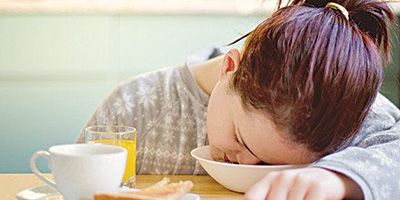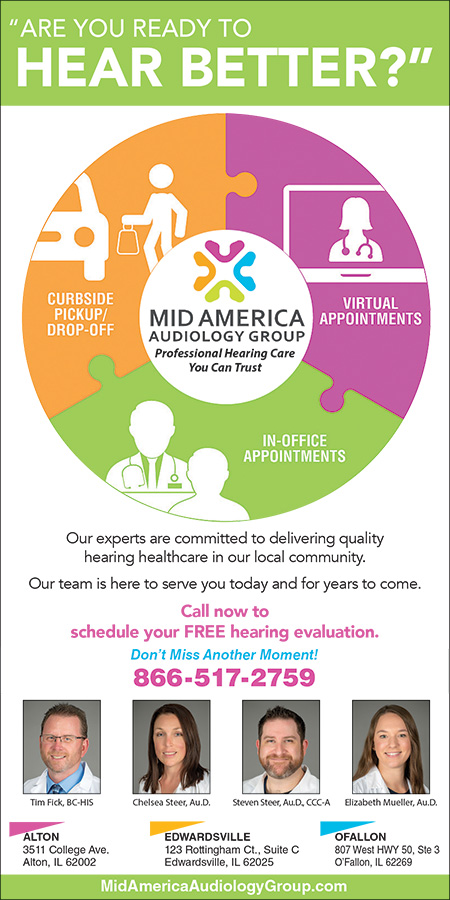 If you struggled with the switch to daylight savings time recently, it’s not just in your head.
If you struggled with the switch to daylight savings time recently, it’s not just in your head.
“We all lose an hour of sleep from time to time,” said Dr. Beth Malow, director of the sleep division at Vanderbilt University Medical Center in Nashville, Tennessee. But daylight saving time is more than that. For starters, “it’s not just that one hour,” Malow told the American Heart Association. It can lead to more.
High school students, for example, lost an average of 32 minutes of sleep on weeknights following the shift, for a net loss of 2 hours, 42 minutes that week, according to a small 2015 study in the Journal of Clinical Sleep Medicine. According to the American Academy of Sleep Medicine, effects of the time change might last for months. Some of those effects appear serious.
“People are more prone to having some types of cardiovascular events because of the change in time,” said Girardin Jean-Louis, director of the Center on Translational Sleep and Circadian Sciences at the University of Miami Miller School of Medicine in Florida. Research shows the risks of having a heart attack, stroke and episodes of an irregular heartbeat called atrial fibrillation can increase after the time change.
DIFFERENT THAN JET LAG
The shift to daylight savings time differs from the jet lag that accompanies travel because of our biology, Malow said.
Many of our organs have internal clocks, she said. A key signal for those body clocks, or circadian rhythms, is light. If you travel from Chicago to New York, you lose an hour, but a shift in the light cycle accompanies the change. When it’s time to spring forward, you don’t get that cue.
Although some defend daylight saving time for economic and other reasons, experts say a fixed year-round time would be the healthiest approach.
Tips for improving your sleep
Most people drink less as they grow older. However, some maintain heavy drinking patterns throughout life, and some develop problems with alcohol for the first time during their later years. The many challenges that can arise at this stage of life — reduced income, failing health, loneliness, and the loss of friends and loved ones — may cause some people to drink to escape their feelings.
YOUR ABILITY TO METABOLIZE ALCOHOL DECLINES
Several factors combine to make drinking — even at normal levels — an increasingly risky behavior as you age.
Your ability to metabolize alcohol declines. After drinking the same amount of alcohol, older people have higher blood alcohol concentrations than younger people because of such changes as a lower volume of total body water and slower rates of elimination of alcohol from the body.
That means the beer or two you could drink without consequence in your 30s or 40s has more impact in your 60s or 70s.
AGE-RELATED CHANGES
Your body might also experience other age-related changes that increase the risks associated with drinking. Your eyesight and hearing may deteriorate; your reflexes might slow. These kinds of changes can make you feel dizzy, high, or intoxicated even after drinking only a small amount.
As a result, older people are more likely to have alcohol-related falls, automobile collisions, or other kinds of accidents. Drinking can also worsen many medical conditions common among older people, such as high blood pressure and ulcers.
In addition, older people tend to take more medicines than younger individuals, and mixing alcohol with over-the-counter and prescription drugs can be dangerous or even fatal.
(Harvard Health)


